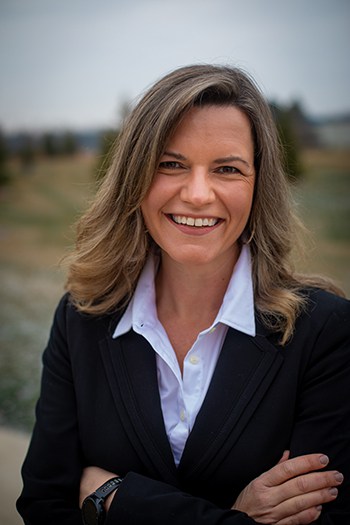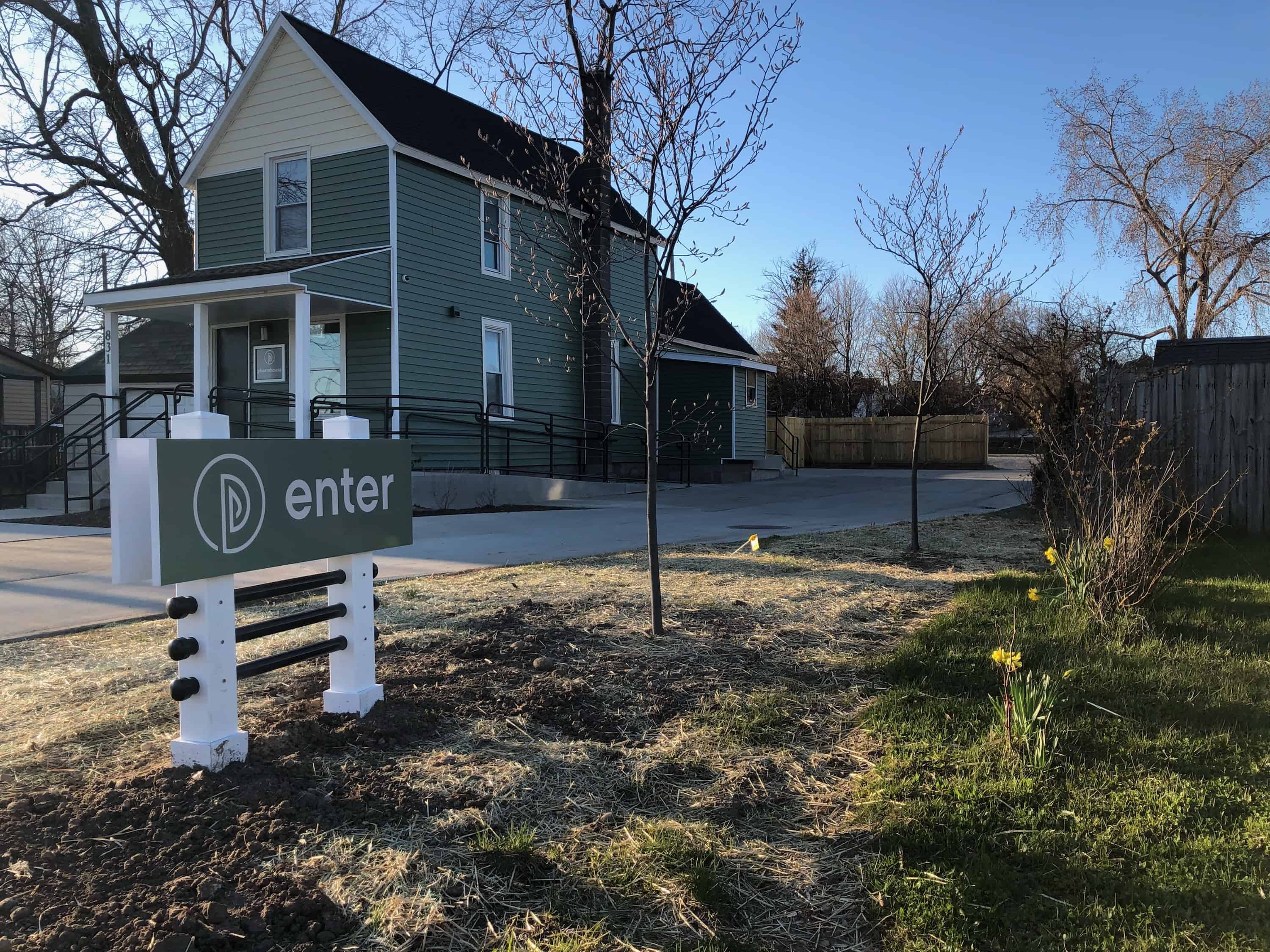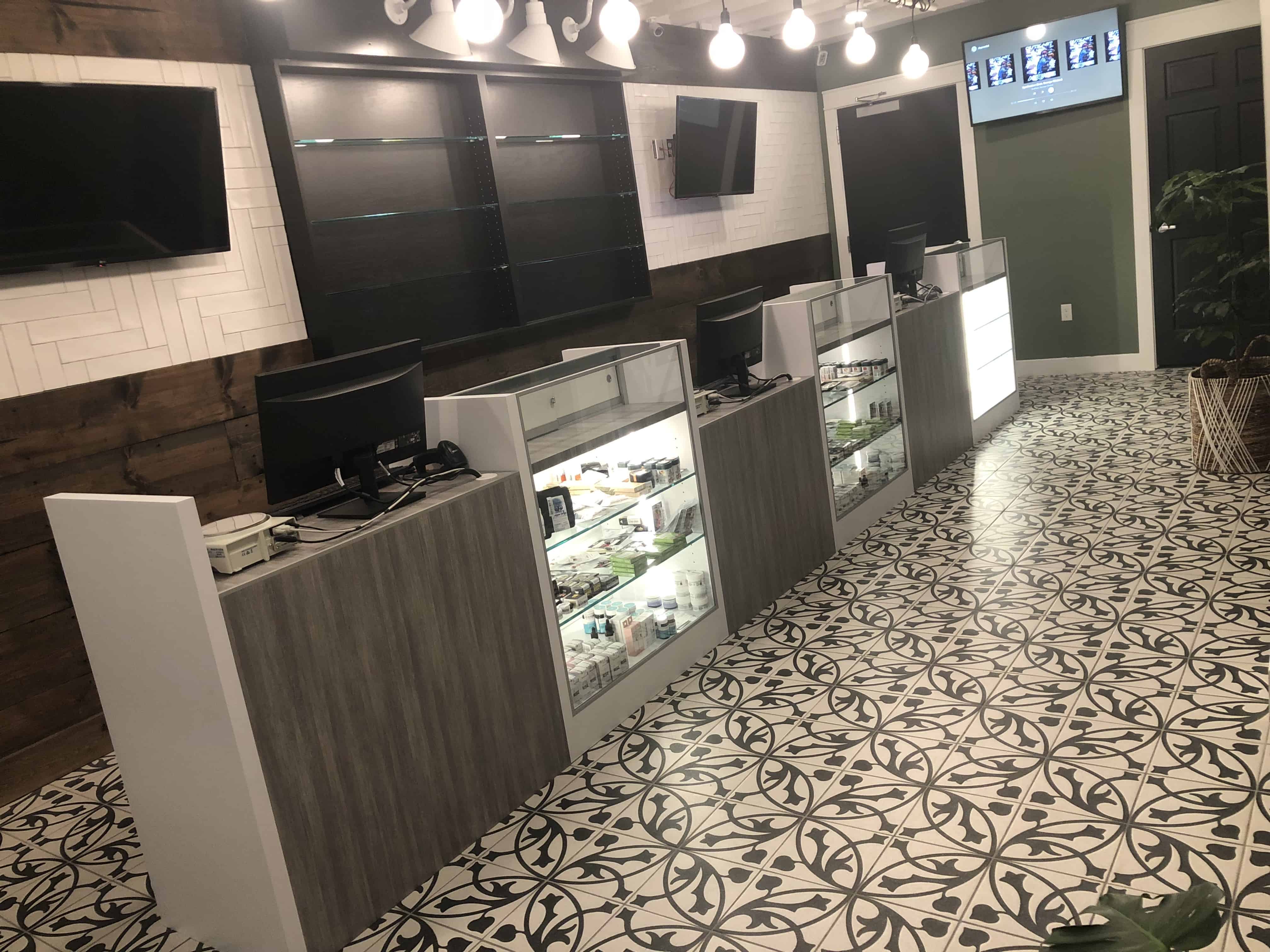Common Citizen, a vertically integrated business in Michigan’s medical and adult-use cannabis markets, brought on Allison Hornev as the company’s chief marketing officer. Hornev arrives from Bell’s Brewery Inc., another stalwart of the Michigan landscape.
The move is a good example of that bridge between the breweries and cannabis cultivation facilities. Each market tends to connoisseurs and new customers alike, making the story behind a brand incredibly important. Before Bell’s, Hornev worked as Kellogg’s.
“Through Allison’s marketing expertise, she will help our continued efforts to identify and serve the unique needs of every patient and adult-use customer at all Common Citizen retail and wholesale locations as we continue expanding our footprint here in Michigan and beyond,” CEO Mike Elias said.
We spoke with Hornev about her plans for Common Citizen and the cannabis business in general.
Eric Sandy: What brought about your interest in the cannabis space and in Common Citizen?

Courtesy of Common Citizen
Allison Hornev: It’s funny: I wasn’t interested in the cannabis industry. I was very happy working for Bell’s. It’s an amazing company with an amazing culture. But then I met one of the founders [of Common Citizen], and we just started having conversations and started talking about the opportunity. And at that point, I got to know the brand more and know the founders and understand what they’re wanting to do with cannabis and in this very busy market that we’re in. That’s really what turned me on to it: that great opportunity that Common Citizen has to not just sell cannabis but make a difference. You see that coming through our commitment to safety and safe products and the idea of cannabis for humanity: How do we debunk the stigma so people feel comfortable using it to help them, or using it however they choose. That, to me, is really what made the difference. It just stood for more in my eyes.
ES: Common Citizen has some interesting terminology that customers can use, whether it’s “chapters,” “citizen advisers” and, of course, all the in-store categories for different cannabis products. Could you talk a bit about why that is important?
AH: From a business standpoint, it allows you to stand apart in a very crowded market. But, honestly, it’s going to get more crowded before it consolidates, right? So, it allows you to stand apart, but it also allows you to talk to the people, to the consumers and to our patients from a different voice. And to me, that voice is a more caring voice. That voice is a more passionate voice and a more approachable voice. And I think that is really powerful.
ES: We featured Common Citizen in a piece about the design of their Flint store. Could you talk a bit about how things like interior design can help shape the story of a company?
AH: I think oftentimes it’s overlooked, right? “We’re just going to put up a store and sell some cannabis.” Again, as a lot of things with Common Citizen, it’s more than that. It’s creating an environment that is welcoming, that is very concierge-based and it’s helping the patient or the consumer through that journey and spending time with them. You look at that Flint store and it’s got that area off to the side with the couches, where we can sit down and have a conversation about what it is you’re looking for or what it is you need or what your desires and hopes and dreams are. That’s where we can really get to know you and provide you something that will be beneficial and provide you an experience that you then enjoy—or one that helps you. Then you do feel more comfortable every time you come back. And I think the interior design just builds and allows for that to happen
ES: And certainly a lot of those same ideas are at play over at Bell’s. Is there a helpful sense of marketing crossover that might be a play between craft beer and cannabis?
AH: Yeah, it’s fascinating. On the surface right there, you’ve got the 21-and-plus audience. If you look at craft beer and beer in general and adult beverages—and it is incredibly saturated, there’s a lot of players—and you look at how Larry [Bell] has built this business to stand apart and stand for things for the 35 years he’s been in business. He has built what Bell’s stands for now and its quality and its consistency and its great branding, and it’s continuing to provide new and different things. And then when you come to the cannabis industry, again, it’s so oversaturated and there’s so much out there and it can be, to a consumer, to somebody that’s new into it, overwhelming just like beer. So, how do I take what I learned through my years at Bell’s—and even before that at Kellogg’s—and apply that here to help those consumers in that space and stand for those key things that are so important right now?
For us at Common Citizen, it’s safety. And that leads to quality and that leads to approachable brands that aren’t intimidating—brands for that common citizen, you know? That’s what we’re built off of. Just in talking to you in this conversation, it gives me goosebumps. It makes me smile. But this is something we’re out to do. We’re out to help people and help them feel comfortable with that decision.
ES: I did want to touch on Michigan in particular. What does it mean to have Michigan as a backdrop for Common Citizen?
AH: It provides just tons of opportunities. When you look at Michigan, you see, just in a short time, where we’ve come with cannabis. From medical and then phasing into rec, the future is so incredibly bright for Michigan in this space. Leaning into our roots and being true to where we’ve come from, that’s important. The founders are all boys that grew up in Detroit. There’s such heart there. And it’s such a great story for us as a brand.
I think Michigan is going to be a state to look at in this industry, and it’s going to be sought after. People are going to learn a lot, and other states are going to learn a lot from what we’re able to do here at Michigan.
And I think that’s why it’s so important that we are leading by example and that we are building a GMP facility, even though it’s not necessary to do so in the regulations. We feel that that’s the right thing to do to ensure that safety. If we can lead by example here in Michigan and get some friends to come along and do that with us, I think that will help other states learn from us. That will help other brands learn from us. You look at beer 100 years ago, and they were just coming back online from Prohibition and there was a lot of work to do. I don’t think we’re 100 years back, but there’s a lot ahead of us.
ES: With the new year upon us, what are some of your short-term goals at Common Citizen?
AH: Honestly, I’m still getting my feet wet. Short-term, I’ve got to just be a sponge. It is absolutely my goal to talk to everybody here, from the greenhouse to the executive team, to the investors—talk to our retail locations and our budtenders and talk to our wholesalers and spend time with them understanding the market in general and what the needs are. I believe that there are needs currently unmet, so how can we do that? How can we stand apart? It is absolutely my goal to be the leader in Michigan, and to do that in a couple of different ways. Not just through volume and sales, but through advocacy and through safety and through being that shining star in this very crazy industry right now. That is both long-term and short-term, and I think the team here has already set us up for great success there. Now, it is my job and responsibility to continue to carry us there.


